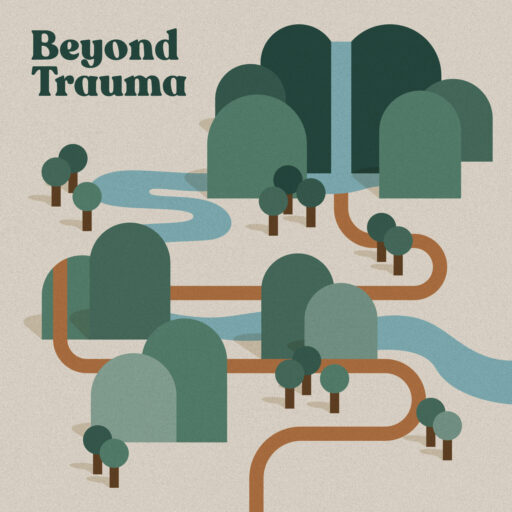Today, Jen and Bridger discuss Adaptive Information Processing model (AIP) and how it’s relevant in understanding the effects of trauma.
Adaptive Information Processing (AIP)
- Firstly, AIP is the foundational and theoretical model behind EMDR
- It looks at our past life experiences and how they are processed in our system.
- Normal experiences tend to be stored in a typical way and you may or may not be able to remember it later.
- However, when something is traumatic, that typical processing system gets “stuck”.
- With this being said, this memory doesn’t get stored properly in our system.
- We may then begin seeing vivid images
- Form negative thoughts/beliefs about the self
- Become hypervigilant of our environment
- Unwanted emotions
- Unpleasant body sensations
- This memory will be much more easily to recall.
- This particular memory will come with all the things listed above and will feel active in the present.
Every experience you have, your brain changes
- When trauma occurs, this creates a much larger change.
- New brain pathways are created with every experience.
- State-specific memory: Depending on the state you are in, it can evoke a memory that you may not have retrieved otherwise.
Our body remembers…
- Triggering: this is something that resembles that stimuli enough that it taps into our memory network where the traumatic memory was stored.
- Then, the flood of information occurs because the trauma wasn’t processed and stored correctly.
- Remember, this all occurs below our conscious awareness.
- Our responses to trauma are adaptive strategies, not a disease.
- Our bodies has the ability to grow and heal, but may need some guidance and support.
- Anora’s story
Check out the last episode, if you haven’t already!
4 S’s of Secure Attachment – Dr. Dan Siegel
- Safe
- Seen
- Soothe
- Secure
Takeaways:
- Reparative experience- this can be done inside and outside of therapy
- The key is the co-regulatory connection we get during therapy.
- Disconfirming experiences
- Our brains work to change the structural arrangements of how information is processed.
- Our nervous systems are so adaptive and we are able to navigate through such difficult situations.
- Also, recognize our ways as strategies instead of flawed pathologies.
- Neuroplasticity: our brains are constantly, changing, rewiring and building on our implicit and explicit memories.
- Lastly, every moment can be used for healing.
Check out our Trauma informed care training– for public services, groups, etc. June 3rd-June 5th
Podcast: Play in new window | Download

